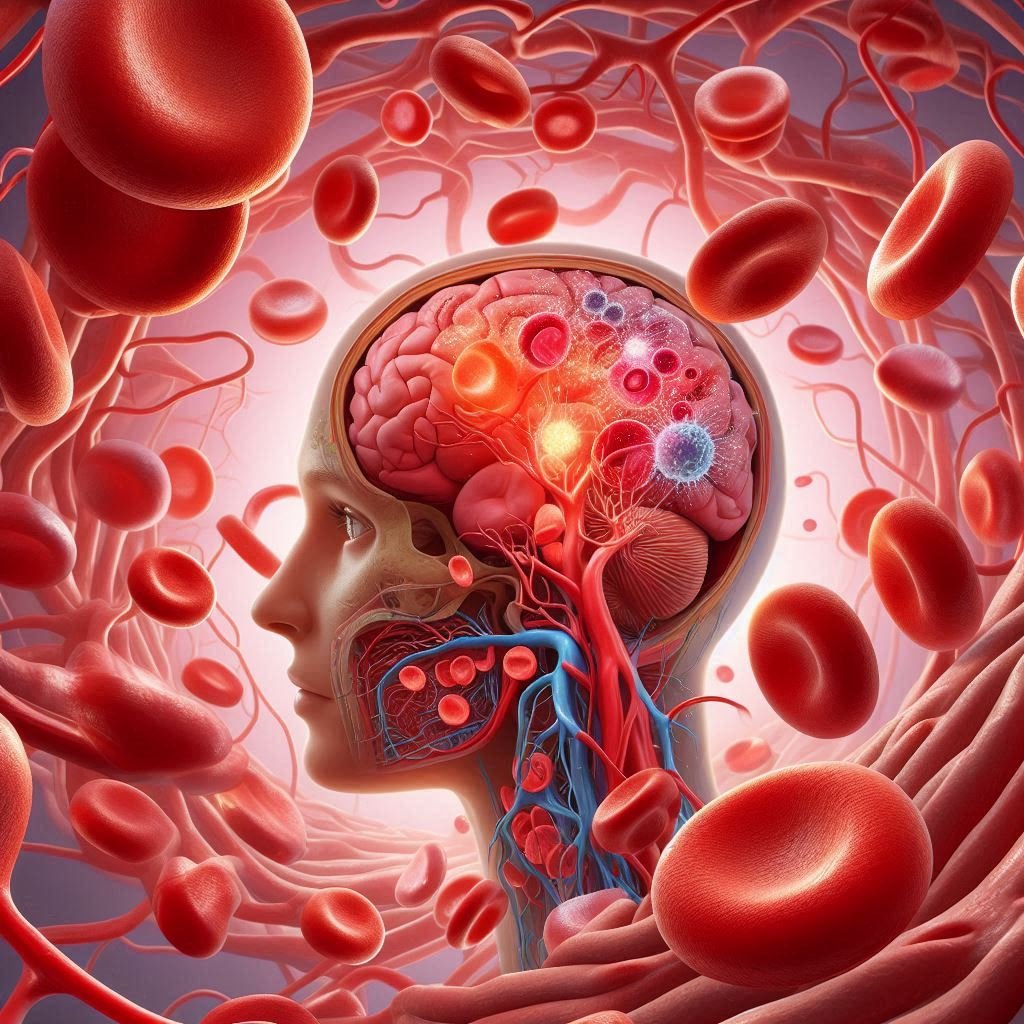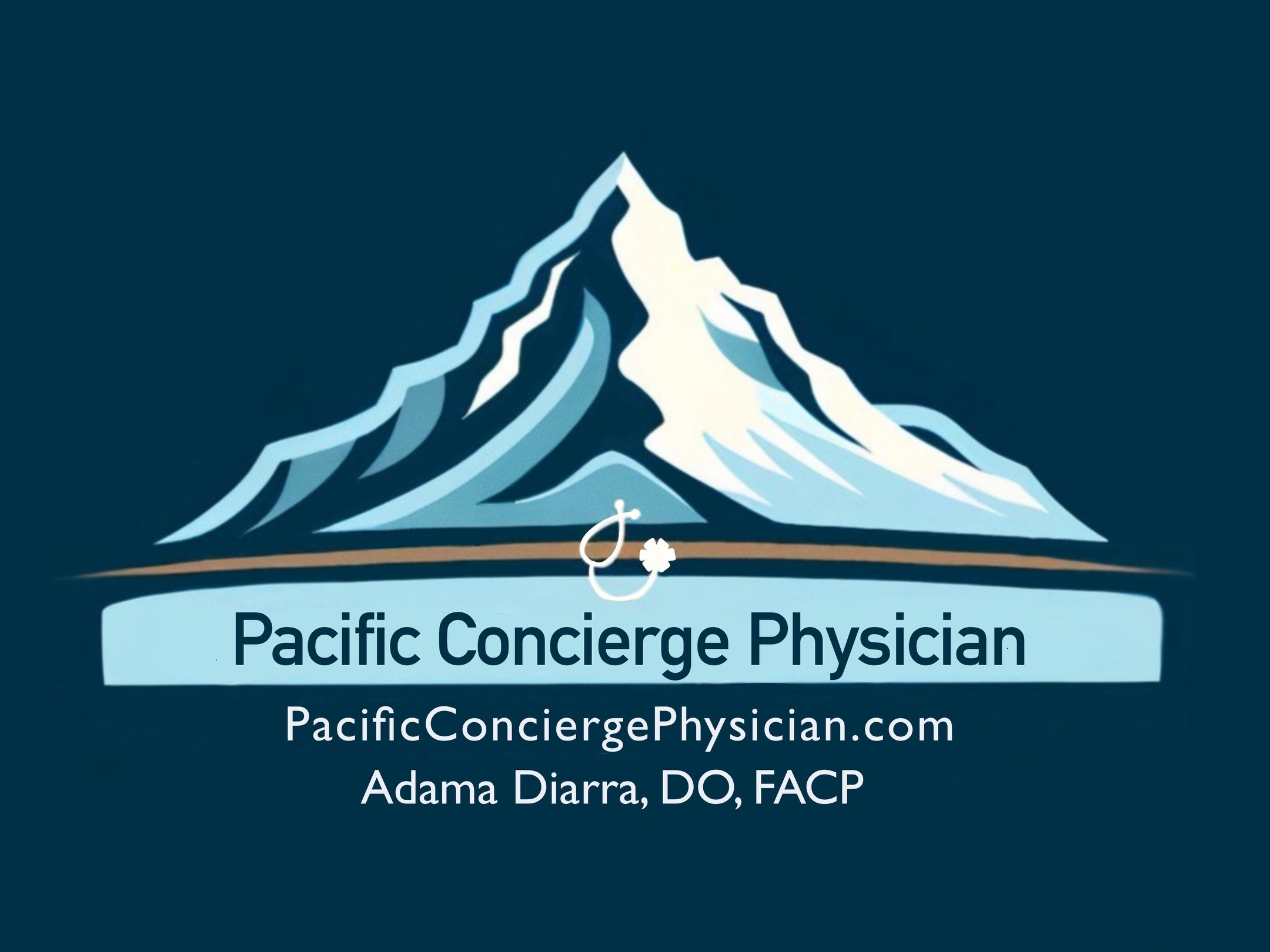
Why Having a Primary Care Physician May Literally Add Days to Your Life
Excerpt
If you’ve been following this longevity journey with me, you know we spend a lot of time talking about sleep, nutrition, strength training, metabolic health, stress reduction—the core pillars that shape how we age.
But today, I want to focus on something far less glamorous, yet surprisingly powerful:
Having a primary care doctor.

Longevity: Exploring the Science of a Longer, Healthier Life
This newsletter provides a comprehensive overview of current cancer screening guidelines from the USPSTF, ACS, and NCCN, detailing recommendations for breast, cervical, colorectal, lung, prostate, ovarian, and skin cancer. It also explores the emerging potential of liquid biopsies, a non-invasive blood-based screening method that detects circulating tumor DNA for early cancer detection. While promising, challenges such as standardization and clinical validation remain. A personalized, evidence-based approach integrating traditional and innovative screening methods is essential for optimizing cancer prevention and early diagnosis.

Longevity: Exploring the Science of a Longer, Healthier Life
Have you ever wondered what it takes to live a vibrant life well into your 90s or even past 100? Around the world, certain communities—known as "Blue Zones"—boast unusually high numbers of centenarians who enjoy not just long lives, but healthy and fulfilling ones. These regions include Okinawa (Japan), Sardinia (Italy), Nicoya (Costa Rica), Ikaria (Greece), and Loma Linda (California).
A common thread among these communities is their dietary habits. Centenarians in these areas typically consume diets rich in plant-based foods, including vegetables, legumes, whole grains, and nuts. They tend to eat meat sparingly and focus on fresh, unprocessed ingredients. For instance, Okinawans practice "Hara Hachi Bu," a Confucian teaching that advises eating until one is 80% full, which may contribute to their longevity. Let’s dive into the science behind these healthy and long lived people.

Understanding Daylight Saving Time: History, Health Effects, and Practical Tips for Wellness
Daylight-saving time (DST) is a practice that adjusts clocks forward by one hour during the warmer months to extend evening daylight. While DST was initially introduced to make better use of daylight and conserve energy, recent studies suggest it can have adverse effects on health. This newsletter will explore the history of DST, discuss its impact on sleep, mood, and general health, and offer tips for managing potential disruptions.

Understanding Viral Upper Respiratory Infections (URIs): Causes, Symptoms, Complications, and Treatment
Viral Upper Respiratory Infections (URIs) are common illnesses that affect the nose, throat, and sinuses, caused by viruses like rhinovirus, adenovirus, coronavirus, and RSV. Learn about symptoms such as nasal congestion, sore throat, and cough, how to treat and prevent complications, and why antibiotics are not typically necessary. Explore lifestyle management and medication options for symptom relief.

Understanding Anxiety: Causes, Complications, and Treatments
Generalized Anxiety Disorder (GAD) is a mental health condition marked by persistent, excessive, and uncontrollable worry about various aspects of life, such as work, health, or personal relationships. This overview focuses on the its symptoms, causes, complications and modern evidence based treatment options including lifestyle and medications. By Adama Diarra, DO, FACP

Understanding Depression: Causes, Complications, and Treatment
Depression, or Major Depressive Disorder (MDD), affects mood, cognition, and behavior. It can manifest without sadness, leading to fatigue, cognitive issues, and physical symptoms. Causes include biological, psychological, and environmental factors. Untreated depression can result in severe health complications. Treatment involves lifestyle changes, psychotherapy, and medications like SSRIs or SNRIs. Each patient's plan is personalized for optimal care. Early diagnosis is crucial, and treatment is a marathon requiring patience.

Understanding High Blood Pressure (Hypertension): Causes, Risks, and Treatment
Learn about high blood pressure (hypertension), its causes, risks, and treatments. Understand how early detection, lifestyle changes like diet and exercise, and medications can help manage hypertension and prevent complications like heart disease, stroke, and kidney damage. Discover how personalized care is essential for effective blood pressure control.

Pre-Diabetes
Learn about prediabetes, its causes, risks, and early treatment options. Understand how lifestyle changes like healthy eating, regular exercise, and weight loss can reverse prediabetes and prevent type 2 diabetes. Discover how personalized care and, if necessary, medications can help manage blood sugar and improve health outcomes

Diabetes
Learn about diabetes, its types, and how it can lead to serious complications if left untreated. Discover personalized treatment options, including lifestyle changes and medications, to manage blood sugar levels effectively. Early detection, continuous glucose monitoring, and individualized care are key to preventing complications and improving quality of life.

Understanding Hypothyroidism: Causes, Risks, and Treatment Options
Learn about hypothyroidism, its types, and symptoms. Discover the causes, risk factors, and potential health complications if left untreated. Explore evidence-based treatments, including medications like levothyroxine and liothyronine, and the importance of early detection through routine screenings. Personalized care ensures optimal thyroid health.

Understanding Hyperlipidemia: Causes, Risks, and Treatment
Learn about hyperlipidemia, its types, and risk factors. Discover how early detection, lifestyle changes, and medications can help manage high cholesterol and triglycerides. Personalized treatment plans can prevent complications like heart disease and stroke. Understand the importance of routine checkups for long-term heart health.

Understanding Obesity: Causes, Risks, and Treatment Options
Learn about obesity, its causes, risks, and effective treatment options. Discover how lifestyle changes like healthy eating and physical activity, combined with medications when needed, can help manage obesity and prevent complications. Personalized care ensures that each patient receives a tailored treatment plan for long-term success.
Disclaimer:
The information provided in this newsletter is for educational and informational purposes only and is not medical advice. It is not intended to diagnose, treat, cure, or prevent any medical condition and should not be used as a substitute for personalized medical care from a licensed physician or qualified healthcare professional.
Readers are strongly encouraged to consult their own healthcare providers for any questions or concerns regarding their health or medical conditions. Reliance on the information provided in this newsletter is solely at your own risk.
Dr. Diarra and Pacific Concierge Physician assume no responsibility or liability for any outcomes resulting from the use of this information. Receipt of this newsletter does not establish a physician-patient relationship.
If you are experiencing a medical emergency, please contact emergency services or seek care at the nearest healthcare facility immediately.


